Book: Richard Bauckham. Jesus and the Eyewitnesses: The Gospels as Eyewitness Testimony. Grand Rapids, MI, Eerdmans, 2006, 538 pp.
Reviewed by Miska Wilhelmsson
Richard Bauckham is a well-respected name within the circles of modern New Testament scholarship, and with the views presented in this book, also somewhat controversial. In Jesus and the Eyewitnesses Bauckham seeks to argue for one central point, which goes in almost direct opposition to most current scholarly views on the nature of the gospels, namely that they gospels should be considered as reliable eyewitness testimony. Due to this breath of fresh air in regard to the trustworthiness of the gospel accounts, many Bible believing Evangelicals have understandably been somewhat glad about the release of this scholarly work by Bauckham. However, even though the central theme that Bauckham argues for, the nature of the gospels as eyewitness testimony, the way he argues for many of his conclusions should rightly cause Bible believing Christian to be on guard and avoid being too quick to endorse and recommend this work, as if it presented a strong defense of a traditional Christian understand of the gospels.
The book is clearly written and well argued, but at the same time seems to lack a more refined form, in that the arguments presented therein would have been more clearly connected in the different chapters. Quite often one has to think carefully and try to connect the dots from one chapter to the other chapters in the book, in fact, some chapters even seem somewhat irrelevant (chapter 4 in particular) to the overall purpose of the book, even though they also find some relevance in the end. Since the book covers too many different aspects, this review will seek to highlight both those aspects found to be helpful by the reviewer, while also offering critique in regard to parts which are very concerning. In this review, the book will be evaluated from a conservative evangelical point of view, specifically noting those aspects which are harmful for a belief in the absolute truthfulness of Scripture, the gospel accounts in particular.
In contrast to the prevailing view of form criticism and the so called quest for the historical Jesus, Bauckham helpfully suggest that there is a need to recover the gospel as reliable eyewitness testimony. He described his purpose to be as presenting the gospel in a category called ‘testimony’, which sets them apart as a specific kind of historiography (5). Bauckham helpfully argues regarding the importance of understanding that that many eyewitnesses to the life of Christ were still alive, and some of them even teaching, during the time that the gospels were written (16). This of course goes against the commonly held view of form criticism where the gospel traditions are viewed as being far removed from the actual eyewitnesses themselves. Based on the writing of early church father Papias, Bauckham shows the importance that was placed on getting first-hand information from the eyewitnesses themselves, not simply second hand information, even if that was helpful too (23). Papias himself exemplified the best practices of historians, seeking eyewitness testimony and arrange the material in an accurate form of literature (27). This example of Papias who lived just barely a generation after the events of the NT, shows us of the meticulous and serious nature that was ascribed to recording history. It was far from simply wiring down vague tales that have been told for many generations. When it comes to the meaning of ‘tradition’ Bauckham also helpfully point out that contrary to our vague modern notions regarding tradition, we need to rightly understand traditions as being much more in accordance to what has been received as first-hand information from eyewitnesses, instead of some long process of transmission where the original message easily gets corrupted (37).
It is commendable how Bauckham rightly argues against the views of form critics who often consider the gospel to be far removed from the testimony of actual eyewitnesses. However, what is concerning about his views, is that he himself still holds on to certain beliefs shared by the form critics themselves, the main one being his disregard for Matthew as direct eyewitness testimony. Therefore, much of the same criticism he applies to form critics and their ‘methodological skepticism’ could be directed in similar ways to his own dismissal of the testimony in regard to the gospel of Matthew and its authorship. Even though at first glance it often seems like Bauckham actually believes that Matthew wrote his gospel (50, 54), it later became clear that he believes Matthew to have been written by someone purposefully trying to make it look as if written by Matthew the apostle, but not being Matthew himself (111). This is a serious problem indeed, since if what Bauckham suggest is true, then Matthew should indeed rightly be considered a work of deception, since it seeks to portray itself as being written by an apostle, when it in fact it is not. Not only is the problem concerning a faulty understanding of its authorship, but Bauckham also suggest that the author purposefully changed the story of Levi the tax collector in Mark’s gospel to be about Matthew the apostle, who in Bauckham’s view is not the same person (108-112). This therefore means that the content of Matthew is at the very least in this regard erroneous, and purposefully deceptive. It is revealing that much later in the book, when defending his own view of that the book of John was indeed written by the beloved disciple, he states that if the book would have been written by someone else making it appear as he was the beloved disciple, then the book would have to be considered “pseudepigraphal, whether the pseudepigraphy is understood as a fraudulent claim or as an acceptable literary device” (363). Why would someone seek to write a gospel in the name of Matthew? Bauckham himself notes that were it not for Matthew’s gospel, he would have remained one of the least know of all the twelve disciples (236). This seems to go against Bauckham’s own view that Matthew was written by someone seeking to present himself as Matthew. Moreover, later when defending his own view regarding the authenticity of the gospel of John, Bauckham uses a similar argument, stating that the beloved disciple remained almost anonymous because of not being well known by almost anyone (a view held by Bauckham, 407). He argues that if the beloved disciple was indeed not well known, it stands as strong proof for the authenticity of the gospel, since if a forger wanted to write a pseudepigraphal gospel, it would make much more sense to choose a more well know character to attribute it to (409). The question arises, if this argument is indeed true, why does Bauckham reject Matthew so easily? Would it not be better to consider the truthfulness of the early church witness and apply his own argumentation for John also to Matthew. Furthermore, the argument from the absence of any clear indications within the text as to the author, can also be taken directly opposite, as has been displayed in the testimony of the early church. Matthew did not need to clearly spell out his name as the author, since the readers of his time would have easily known it was him. This is even more so true with John, both in his epistles and his gospel, there was no need for him to name himself as John the apostle, since all would have understood his self-description of being the beloved disciple as referring to the trusted apostle.
The reason for Bauckham’s rejection of Matthew, ultimately rises from his agreement with most of modern NT scholarship, that Mark was the first gospel written, and Matthew is simply based on Mark, instead of the eyewitness testimony of Matthew the apostle. In assuming the priority of Mark and the existence of ‘Q’ (42) Bauckham keeps on referring to Matthew (who is not really Matthew) as changing and adding things to the material found in Mark (45, 46, 54). In these aspects it is disappointing to see Bauckham simply build on the assumptions of modern historical criticism, without questioning the dearly held belief of Markan priority and the existence of Q. Since Matthew does not seem to fit with Bauckham system of identifying signs of eyewitness testimony within the text, he later states that “in what way this Gospel was associated with Matthew is a mystery” (131). Rather than discrediting the unified testimony of the early church in regard to apostle Matthew’s authorship of the gospel, perhaps it would be wiser for Bauckham to question the assumption of modern critical scholarship and his own view of eyewitness identification.
A key aspect of Bauckham’s argument is that there is a literary device called inclusio which is to be found in Mark’s gospel and particular, and even Luke and John. His view is that following an understanding of other literary works from around the time of the NT and afterwards, there is proof of a practice where the author shows signs of his own identity within the text he is producing, by including clues about himself both at the beginning and end of the book. This view then placed important emphasis on the characters that appear first and last in the story, since it is likely an indicator in regard to its authorship. Specifically, in the case of Mark’s gospel, since it is really the memoirs of Peter that Mark is writing down, the appearance of Peter within the gospel narrative becomes crucial in establishing Peter as the key eyewitness for the reliability of the gospel testimony (124-127). With his view of Luke’s gospel also being based on Mark, he holds that Luke therefore includes a similar inclusio in reference to Peter, because of imitating Mark’s gospel (127).
In regard to the gospel of John, Bauckham seeks to present the same case of an inclusion, but without literary dependence on Mark or Luke. Bauckham holds that John is indeed the only gospel actually written by an eyewitness himself, and that this is seen in the inclusion of the beloved disciples appearing both at the beginning and end of the gospel (127-129). The emphasis that Bauckham places on the importance of seeing an inclusio in the gospel of John and therefore understanding the beloved disciple as the eyewitness behind the gospel, seems to be more driven by Bauckham’s eagerness to promote his inclusio contribution to the authorship issue, instead of simply accepting the clear testimony of John 21:24 as the basis of trusting him as the eyewitness testimony behind the gospel. Either way, it is commendable that he accepts John as written by an eyewitness, and therefore being a trustworthy record on the life of Christ. However, even though this all sounds like something the evangelical Christian would whole heartedly agree on, one will be surprised to later find out that even though Bauckham rightly believes it was written by an eyewitness named John, he does not believe this John to be the apostle John. Contrary to the traditionally accepted view that the beloved disciple is indeed John the apostle the son of Zebedee, Bauckham tries to prove that the beloved disciple should rather be understood not as being an apostle, but simply another disciple who was an eyewitness to the life of Jesus (412-437). In presenting his case, Bauckham focuses on numerous quotes from early church fathers such as Papias, Polycrates and Irenaeus, seeking to demonstrate that John the apostle is not the same as John the beloved disciple.
It has to be said, that Bauckham is certainly very gifted in arguing well for his views, and at times his look at the early church fathers seems very convincing in regard to the identity of John. However, it also becomes clear that in relying on the early church fathers, Bauckham is purposefully very selective, and seems to treat the differing evidence inconsistently to the way he treats those quotes which seem to fit his model. He finds it easy to explain away all references where the author of John’s gospel is described as an apostle, while at the same time focusing much on quotes which support his view because of underlining assumptions, instead of clear statements in the text itself. This inconsistency is seen for example in how Bauckham deals with a quote from Ireneaus, seeking to support his own view relating to John, while at the same time completely dismissing the witness of Ireneaus in regard to the fact that Matthew was indeed written before Mark (453). His interaction with statements from Justin Martyr is also very telling. Bauckham first quotes Justin as describing the book of Revelation as written by John, who was one of the apostles of Christ, and then admits that Justin most likely shared the common belief that this same John was the author of the Gospel of John. However, Bauckham then states that since we cannot in his view determine if Justin is using the word ‘apostle’ in reference to the actual twelve disciples, or simply as a broader term to disciples, the conclusion must then be that Justin’s testimony cannot therefore be used to support the identity of the beloved disciple as being the apostle John (466).
When it comes to making claims based on weak conjecture, there is one example which stood out above the rest, because of the close proximity of two statements, which seem to be contradictory. Bauckham first states, “It is evident that Papias valued the Gospel of John highly, more highly than other gospels he knew” (423). Notice the confidence which seems to be expressed by Bauckham, since he states this something which is ‘evident’. However, in the beginning the very next paragraph, Bauckham writes the following, “no explicit comments by Papias on the Gospel of John have survived” (423). The reader would be right to wonder, how can Bauckham say it to be ‘evident’ what Papias thought about John’s gospel, since there are no comments that have been found from Papias regarding the subject? Bauckham later explains that the reason for his confidence is that this is in his view the best explanation of why Papias comments on Mark and Matthew in a certain way (423). This example is instructive in understanding much of how Bauckham argues in the book, since even though he often makes bold statements, the actual proof behind that statement might not be as strong as it might initially seem.
However, as has already been stated Bauckham’s strong argumentation for the reliability of eyewitness testimony is certainly to be commended. Especially since this view, even though being in accordance with traditional Christian views, strongly goes against most contemporary New Testament scholarship (240). Bauckham also perceptively notes that even though most of the issues that troubled early form critics have now been refuted, the general idea of form criticism and its view of oral transmission is still the prevailing influence upon most New Testament scholars, leading them to reject ideas of considering the gospels as reliable eyewitness testimony (242). In his criticism of form criticism, and the views of Bultmann in particular, Bauckham states that the assumption of Bultmann that before being contaminated, the gospel “traditions originated in pure form” is highly improbable and should be rejected as an erroneous view of early form criticism (246). Bauckham’s view is that the gospel tradition has never existed in truly “pure form” but has always been mixed to some degree. Here it is interesting to note that Bultmann the infamous form critic, seems in some ways to be closer to the truth than Bauckham himself, since at least Bultmann thought it to have been pure at some point.
The strange inconsistency of Bauckham in relation accepting the testimony of Scripture seems to be influenced by a measure of anti-supernaturalism, since if something cannot be explained in simple human terms the conclusion easily twists the straightforward meaning of the text. One of the places where this is exemplified is how Bauckham treats the testimony of Paul in 1 Corinthians 11:23. Even though Paul states clearly that he had received certain traditions directly from the Lord Jesus, Bauckham objects by stating that Paul cannot be here actually saying what he appears to be saying. Instead, we should understand Paul as speaking of a ‘Jesus tradition’ which had been passed down to him by the apostles, not directly by Jesus himself (267). Bauckham seems to present Paul as being purposefully deceptive regarding his dependence on the Jerusalem apostle, and seeking to cover it up by being directly appointed by the Lord (268-269).
Throughout his book, Bauckham provides much good material for supporting the traditional view that the gospel of Mark is indeed the work of Mark writing down the eyewitness testimony of Peter the apostle. To support this view, Bauckham rightly uses a quote from Papias which speaks about Mark indeed being the one who wrote down the testimony of Peter. The inconsistency of Bauckham is again seen, in that even though he accepts Papias’ testimony regarding Mark, he still reject’s Papias’ testimony when it comes to the gospel of Matthew being written by an apostle (202-239). One can only speculate, but perhaps if the insistence of Markan priority were not so strong in the academic circles where Bauckham also plays his part, then maybe the evidence of early church fathers would be treated more consistently, instead of only appealing to them when they are in agreement with one’s own views.
Bauckham has some very helpful material regarding the nature of human memory and eyewitness testimony. In particular, how certain unusual situations will cause more vivid and accurate memories to be formed, compared to the normal everyday life which is easily forgotten. He also speaks of the important part that memorization and retelling stories would have had on the accuracy of the gospel traditions being known far and wide in the time of the witnesses (287). However, in spite of all the discussion relating to memory and eyewitnesses there is one aspect which shines with its total absence throughout the whole book (unless the comment was so short that it was missed by the reviewer), namely the subject of the Holy Spirit and the promise of Christ to his disciples, in regard to the inspiration of the NT, and the gospels in particular. It is understood that Bauckham is writing to a more academic audience, and likely with the purpose of persuading those who do not believe in the truthfulness of Scripture, instead of seeking to build up the faith of Christian laymen. However, it seems that even a section or even a whole chapter, would have been in order, to rightly deal with the subject of Christ’s own promise to his disciples in John 14:26 and 16:13.
In conclusion, this work by Bauckman is no doubt a breath of fresh air, or as shaking “the foundations of a century of scholarly study of the Gospels” as expressed by Graham Stanton in his recommendation of the book. The main point promoted by Bauckham is certainly something that Bible believing Christians can agree with him, namely that the gospels are indeed a reliable witness to the life of Jesus. His bold stand in the face of much modern NT scholarship is to certainly be commended. It is good to see a respected scholar arguing for the importance of returning to the gospels as eyewitness testimony. However, in spite of much that is commendable in this work, there yet remains much that it very concerning. Due to the length and difficulty of the book, it will likely not have much impact on average Christians, at least not directly. And even though the book might prove useful for seminarians and pastors to read, it needs to be made clear that the views presented in the book are still a far cry from a strong evangelical view of the New Testament. Therefore, much discernment should be exercised in dealing with the arguments presented in the book and caution in recommending it too widely, simply for the purpose that it supports a general understanding of the gospels being written on the basis of reliable eyewitness testimony. The work of Bauckham is to be commended in many regards, but hopefully this is simply a step in the right direction, since there is still far to go in truly embracing the New Testament as the God-breathed word of God, not simply the testimony of generally reliable men.
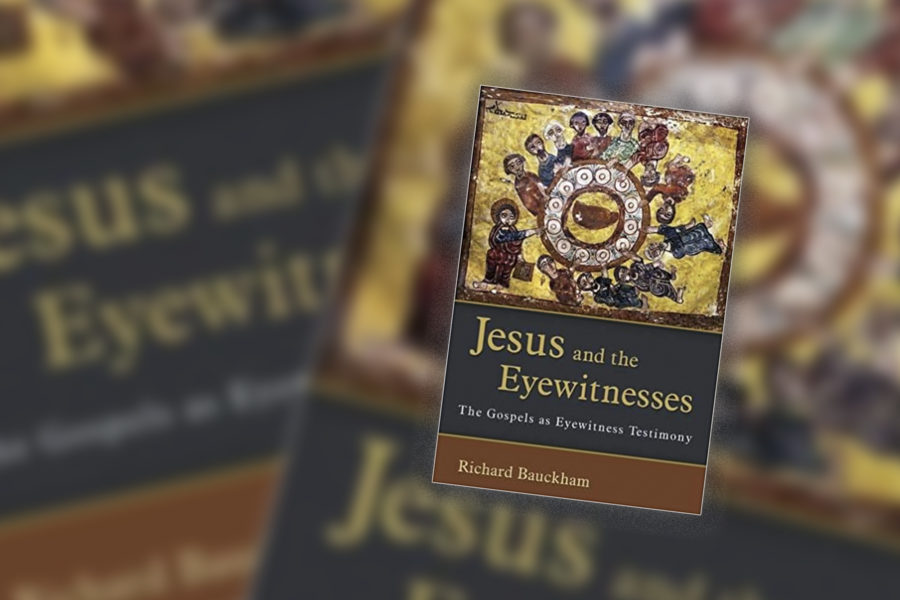

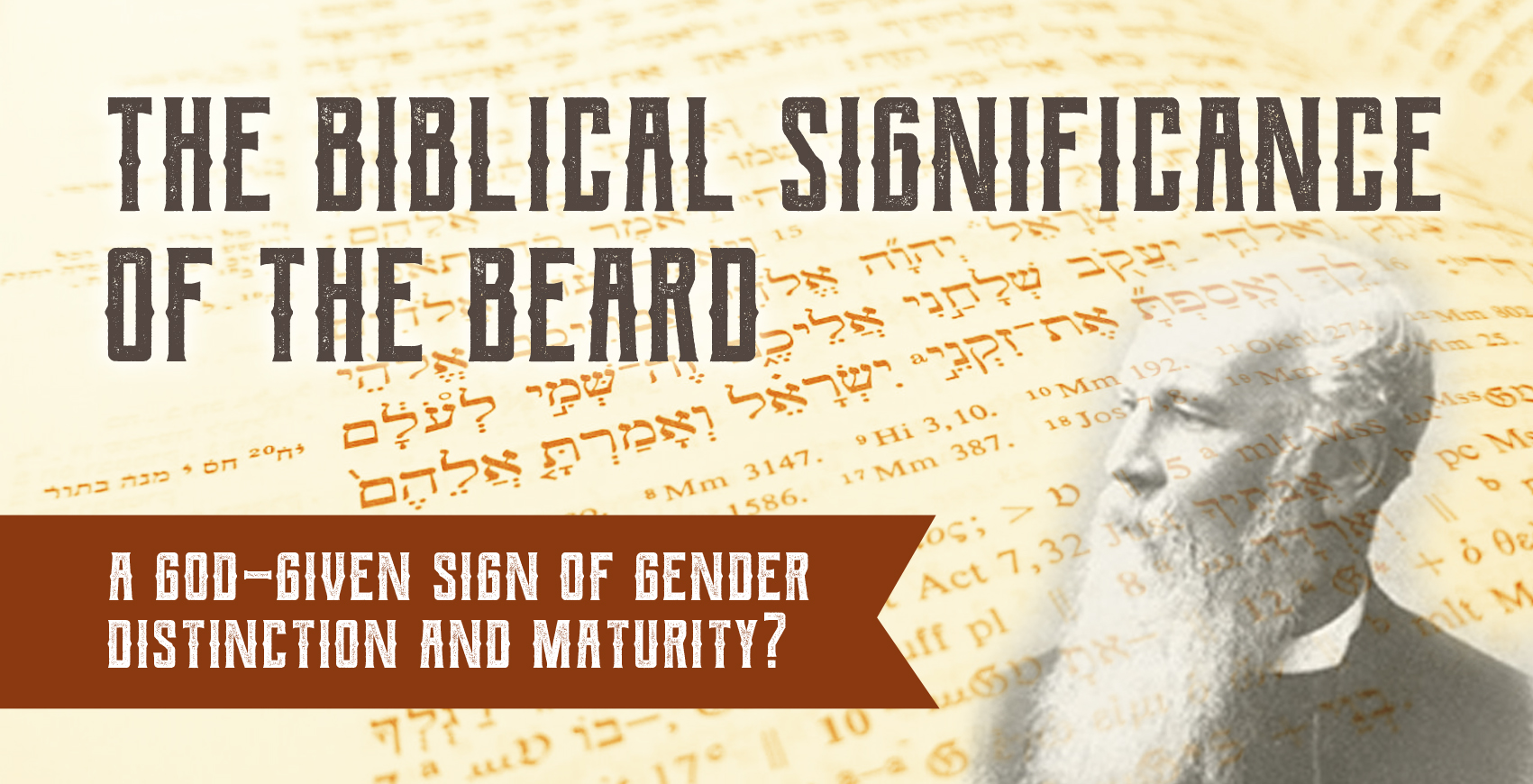
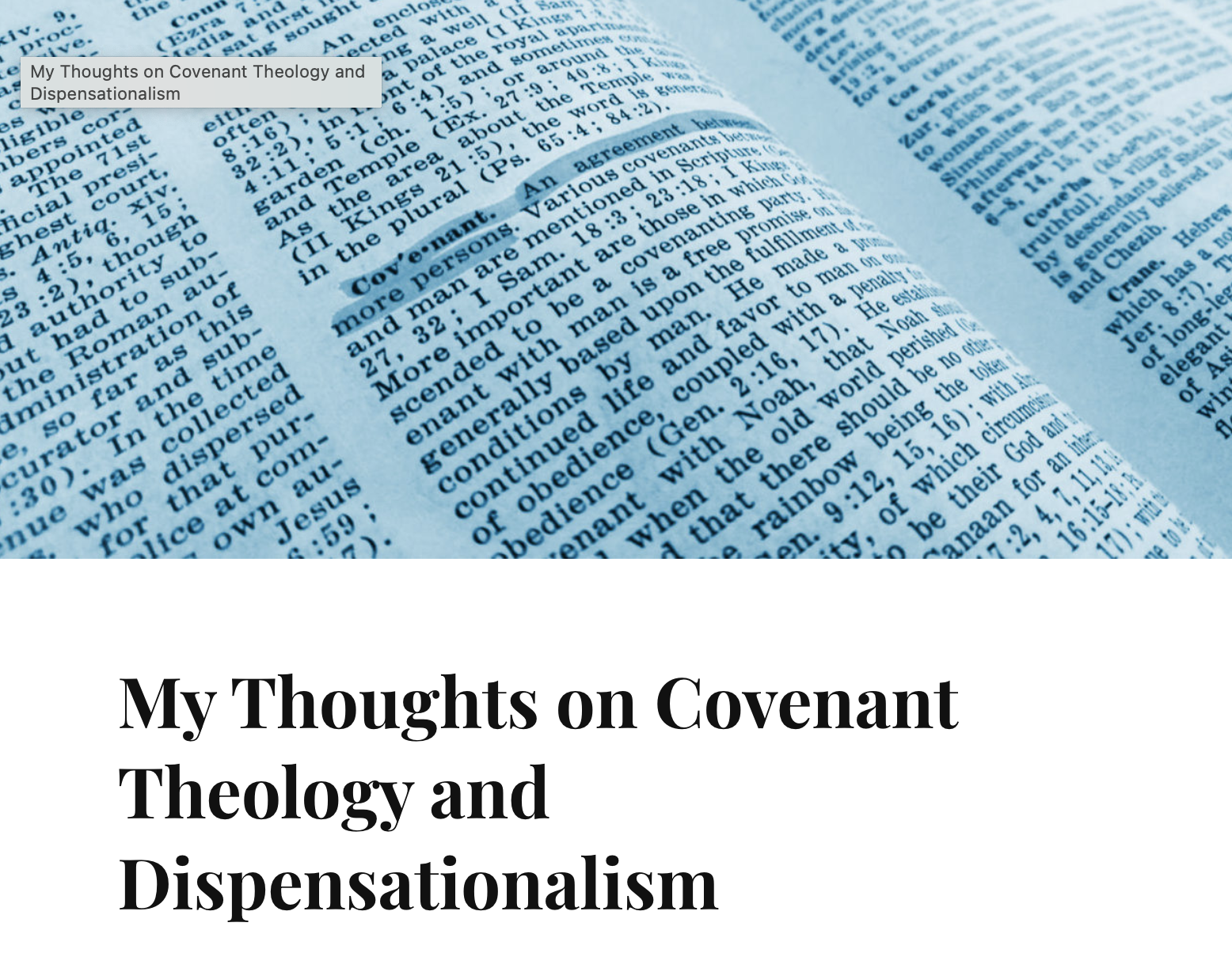
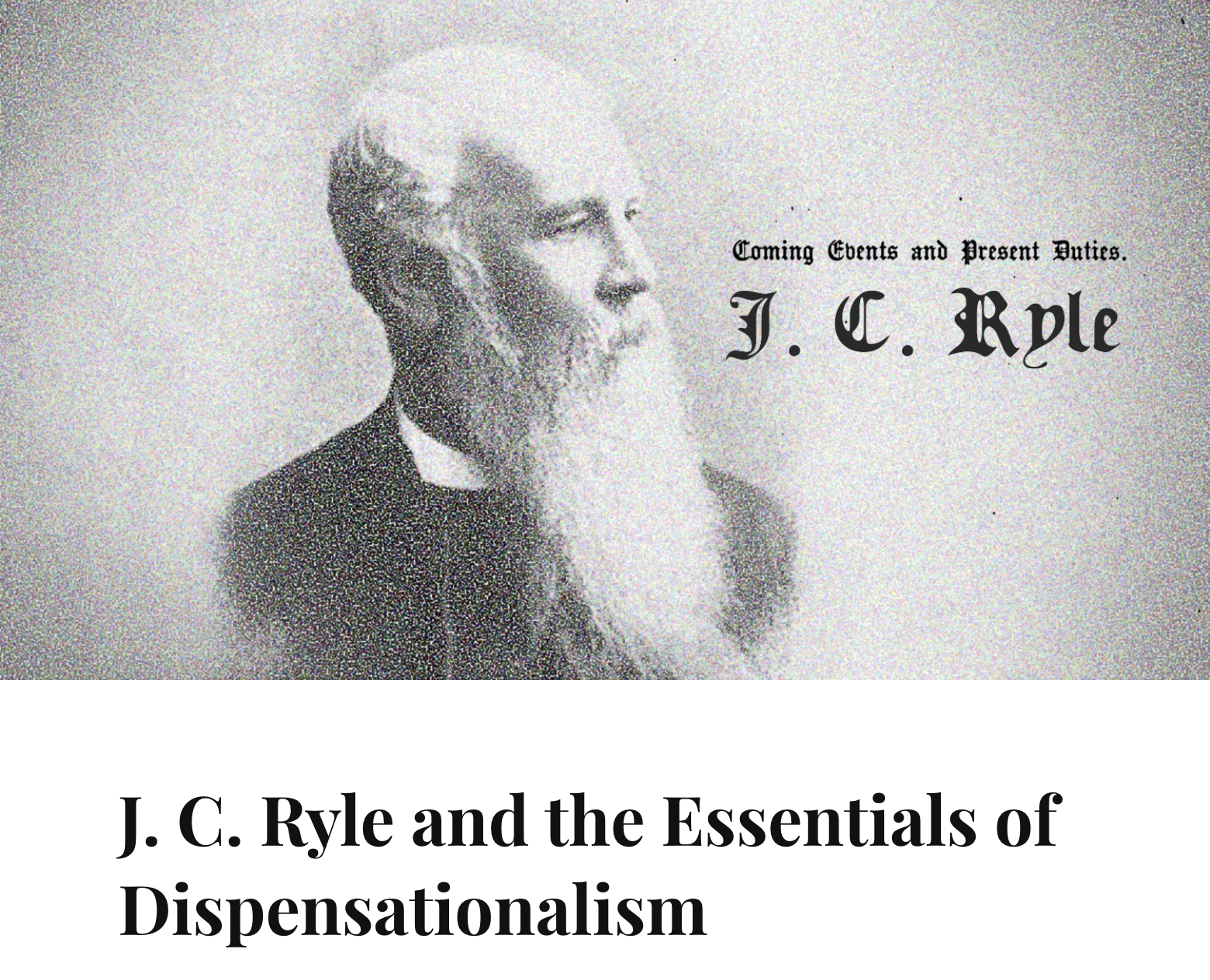
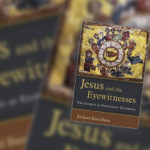
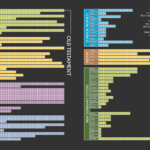


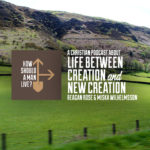


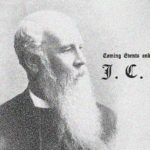
Mike Heissler
Great review.
whoiscall
Thank you!